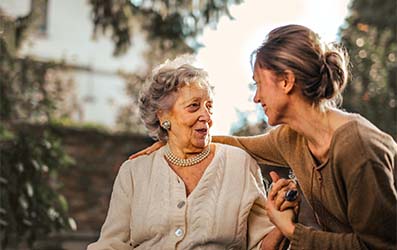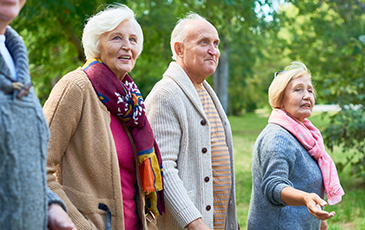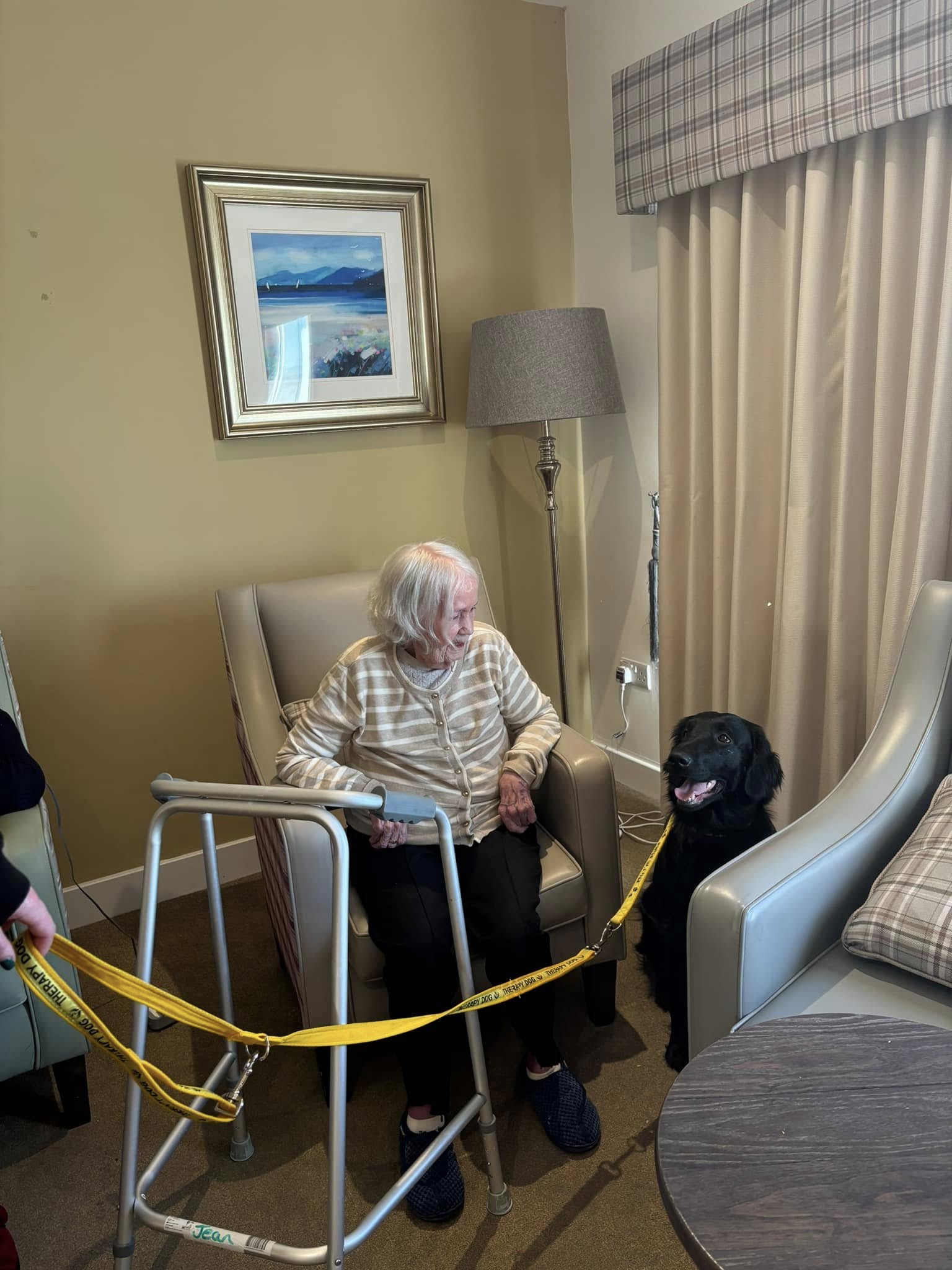How to Look After Yourself During The Winter
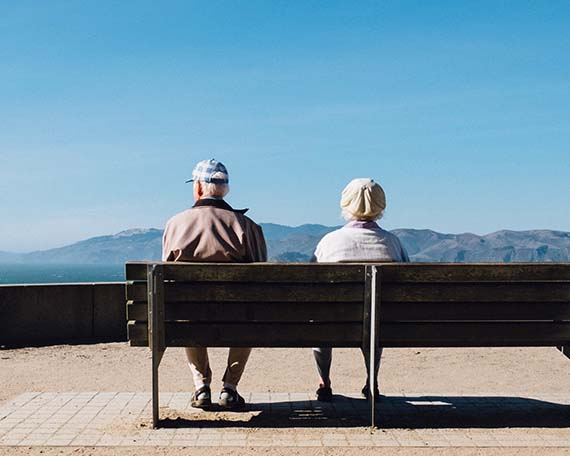
Colder temperatures bring a number of health risks that can lead to very serious problems. Conditions such as heart attacks, strokes or pneumonia are commonly experienced during the winter, especially by those who have a long-term health condition or are aged 65 and over. Met Office suggest that from around the age of 55, we lose around 1% of our muscle mass every year, and it’s our muscle that keeps us warm.
Here are our top 7 tips on how to look after yourself during the winter:
- Up-to-Date Vaccinations
It’s incredibly important for the elderly to make sure they are up to date with their vaccinations. During the winter, germs are more widespread throughout that time of year. The Flu vaccination is safe and effective and is offered every year through the NHS to help protect people at risk of getting seriously ill from flu. The flu vaccine is available for free to those who are aged 65+. The NHS website also states, starting from mid-October 2022, those aged 50 years old or over can have a free NHS flu vaccine and these can be booked with your GP, pharmacy or in some cases, at the hospital.
- Stay Active
Taking regular walks in the local area is a great way to spend a sunny or cold day taking in the fresh air. When wrapped up in appropriate, warm clothing, the elderly can enjoy a stroll in the cold weather under the winter sun and soak up as much Vitamin D and fresh air as possible. Vitamin D from natural light can help to improve mood and is one of the most effective ways to look after yourself this winter during shorter days. Going outside has been shown to improve the body’s circadian rhythm, boost serotonin levels and release endorphins even in cold weather.
When mobility is limited, even small physical movements every hour can help with strength and mobility. Chair-based movement is also recommended if your mobility is limited which is something you can do in your living room, such as the exercises shown in this video provided by the NHS.
- Enjoy a Healthy Diet
A balanced healthy diet is essential for older adults and is a natural way to boost your body and mind. Good nutrition provides the body with energy and all it needs to keep blood flowing, the brain working and raise the body temperature. When someone reaches a level of satiety after eating, it often improves someone’s mood and thinking capabilities which is important in all ages but especially as a person gets older. You can find further advice on Age UK about healthy eating. With online resources, it's easy to find healthy recipes online with an ingredients list and easy-to-follow step-by-step method.
- Enjoy Activities & Games
Stimulating activities and games can improve quality of life. Enjoying a variety of activities regularly can have positive effects on the brain, including improved mental health, reasoning abilities, and memory. Indoor activities could include puzzle solving, dancing, board games, spending time reading a book, or practicing a musical instrument. It’s important to have hobbies that can be done alone but also with a friend or family member, as socialising with others can significantly boost someone’s mood.
An activity such as a video call with loved ones is recommended if family members live far away, this is considered a better way of staying connected with loved ones over a phone call as you get to interact with one another through video.
- Boost Your Vitamin D
Our body makes most of our vitamin D in reaction to sunlight penetrating our skin, however, those aged 65+ are at risk of not getting enough vitamin D, especially during the winter months. Age UK states ‘it can be difficult in the UK to meet our vitamin D needs through sunlight and diet alone. For this reason, it's recommended that over 65s take a supplement of vitamin D of 10 micrograms per day.’
In addition to supplements, Vitamin D can also be found in the following foods; we recommend including these within your diet to help boost your daily Vitamin D intake.
- Oily fish
- Eggs
- Margarine
- Yoghurt
- Fortified breakfast cereals
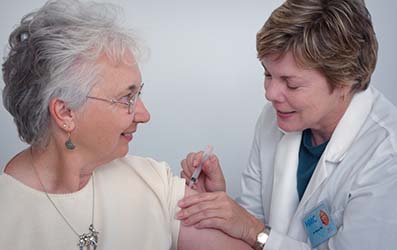
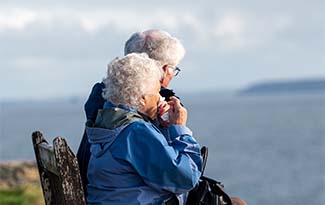
- Avoid Chilblains
Chilblains occur when the body is cold and warms up too hot, too quickly. Elderly or sedentary people are most susceptible to developing chilblains. NHS Inform describes Chilblains as red, itchy swellings that occur as a reaction to cold temperature and are typically found on areas such as the toes, fingers, heels, ears and nose. Here are our top tips for avoiding chilblains:
- Keep feet warm at all times
- Avoid going from a cold to hot temperature too quickly
- When feet are cold, warm them up slowly
- Avoid jumping in a hot shower or putting your feet or hands in front of the heater straight after coming in from the cold
- Dress Appropriately When Outdoors
It is important to stay warm when out and about during the cold winter months or if you just feel the cold in general. When temperatures are low we recommend making sure to keep the hands, face and chest warm by wearing gloves, a hat and a thermal vest. Cold feet can also trigger a rise in blood pressure, so opt for footwear with a warm lining, and/or wear thermal socks.
8. Self-care
It's important to partake in regular self-care sessions throughout the year, but especially during the winter when many people may encounter seasonal affective disorder. Self-care can be as simple as running a bubble bath or making a hot drink like a cup of tea or hot chocolate, it doesn't require much time, effort, or money, it's about doing the things in life that bring you joy and improve your mood.
Support & Advice
The winter can at times, feel isolating but rest assured you are not alone and there is support out there whether locally or virtually. Alongside friends, family and loved ones, the following support services are also available to contact also should you need additional support and advice:
- Age UK Advice: 0800 169 65 65 / www.ageuk.org.uk
- The National Careline: 0800 0699 784 / www.thenationalcareline.org/
- NHS Website / www.nhs.uk
- GOV.UK / www.gov.uk
Age UK also has a wonderful service ‘Telephone Friendship’, which offers a free telephone friendship call so those feeling lonely are able to enjoy chatting with someone over the phone, all from the comfort and safety of their own home. You can find out more on the Age UK website.
Comprehensive Support at Kingsacre Care Home
Our mission at Kingsacre Care Home is to provide a varied and fulfilling life for older people in Clydebank. We believe we can provide the best care and support possible for those seeking companionship and an active lifestyle or for those in need of 24-hour care. We provide comprehensive residential care, nursing care, dementia care and respite care by a dedicated team of care professionals. We can offer a way of life that’s enriching, fun and enjoyable no matter an individual’s abilities or interests. With the help of our all-inclusive facilities and services, residents have the ability to focus their time on the things that matter most to them, whilst we take care of everything else.
When residing at Kingsacre Care Home, residents are encouraged to use our outdoor areas as regularly as possible. Staff ensure residents safety and warmth are a priority while outside and are always by their side to provide assistance, freeing residents to focus on the wonderful benefits that gentle exercise in nature can bring. As part of our Activities Programme, we also encourage residents to stay active through a range of physical activities such as yoga, seated excercises, ball games, gardening and so on.
Friends, family and loved ones are welcome to join in with as many of the social events we host at Kingsacre. We offer facilities such as a private dining room and cafe area where loved ones can sit alongside residents and enjoy quality time together; special occasions and celebrations can continue to be shared and important memories made. You can read more about the dining experience at Kingsacre Care Home.
Our friendly team is available to provide expert advice to help everyone look after themselves this winter; we welcome you to get in touch today to speak to a member of staff if you are concerned about a loved one’s health, or would like to learn more about life at Kingsacre Care Home.


